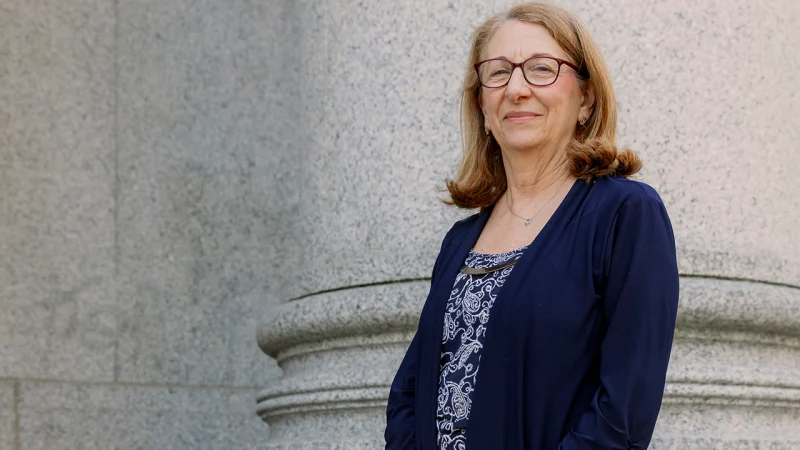
New York law restricting sidewalk counseling at abortion clinics could face SCOTUS scrutiny
The Supreme Court this fall will decide whether to take up a case that challenges a New York law that says ‘sidewalk counselors’ outside abortion clinics can be arrested if they approach women to discuss alternatives to abortion.
Should at least four justices agree to take up the case, the court could potentially undo decades of precedent that some justices have already said ‘distort[s] First Amendment Doctrines.’
The case, Vitagliano v. County of Westchester, stems from a challenge to a law put in place by Westchester County, New York, last year in response to the Supreme Court’s decision in Dobbs v. Jackson – which overturned Roe v. Wade and sent the question of abortion accessibility back to the states to decide.
The county’s law made it illegal to approach within eight feet of another person in public near abortion clinics for the purpose of engaging in oral protest, education or counseling, unless the other person gives explicit consent.
Debra Vitagliano, a Catholic sidewalk counselor who says she feels ‘called to be a compassionate voice to abortion-vulnerable women, letting them know that they are loved, supported, and can choose life for their babies,’ sued the county last year.
Vitagliano is as an occupational therapist with special-needs children, a profession she says has led her ‘to recognize the inherent worth and dignity of all people, no matter their level of functioning.’ Consistent with her Catholic faith, she opposes abortion, believing it is the deliberate taking of innocent human life, her petition to the Supreme Court says.
She also volunteers as ‘life consultant’ at a local pregnancy resource center, meeting with women experiencing unplanned pregnancies and discussing options and available resources.
So far, Vitagliano has lost in lower courts because judges have cited a 1973 Supreme Court case, Hill v. Colorado, that essentially upheld the same type of law with the reasoning that citizens should be protected from ‘unwanted speech.’
But Vitagliano’s lawyers are arguing that case should be overturned, and have presented the high court with an opportunity to do just that.
‘On the day it was decided, members of this Court recognized that Hill stands ‘in stark contradiction of the constitutional principles [the Court] appl[ies] in all other contexts’ outside abortion,’ the court document states, quoting a dissent from the late Justice Antonin Scaila.
The document also notes now-retired Justice Anthony Kennedy’s dissent that said Hill ‘contradicts more than a half century of well-established First Amendment principles.’
‘Three Justices have since recognized that intervening precedents have ‘all but interred’ Hill’s analysis, leaving it ‘an aberration in [the Court’s] case law,’’ the document continues.
The document also cites most recently in the Dobbs majority opinion, which stated that ‘Hill was a ‘distort[ion]’ of ‘First Amendment doctrines.’’
Mark Rienzi, president and CEO at Becket, the firm representing Vitagliano, says the high court ‘should fix the mistake of Hill and make clear that the First Amendment protects these offers of help and information to women in need.’
Rienzi says critics who support the law because it’s aimed at stopping obstruction or violence are in error, because laws that protect against such actions are already on the books.
‘These laws are only about stopping peaceful speech. In fact, if I approached someone with a baseball bat instead of a leaflet, I wouldn’t violate this law. I only violate this law by approaching to speak.
The law targets the exchange of information on public sidewalks and government shouldn’t do that. The only reason it ever happened was we had a court that was twisting things to protect abortion. We should be out of that business, and we should let people speak freely. It’s bad for the law to have this situation where these women don’t get offered to help because the government is micromanaging who can engage peacefully on public sidewalks.’
The petition cites a number of legal scholars who have also criticized the Hill decision, including liberal Harvard Law professor Laurence Tribe, who said, ‘I don’t think [Hill] was a difficult case. I think it was slam-dunk simple and slam-dunk wrong.’
The earliest the Supreme Court could decide to take up the Vitagliano case is Monday, Oct. 2, when the tribunal begins its 2023-24 term.
